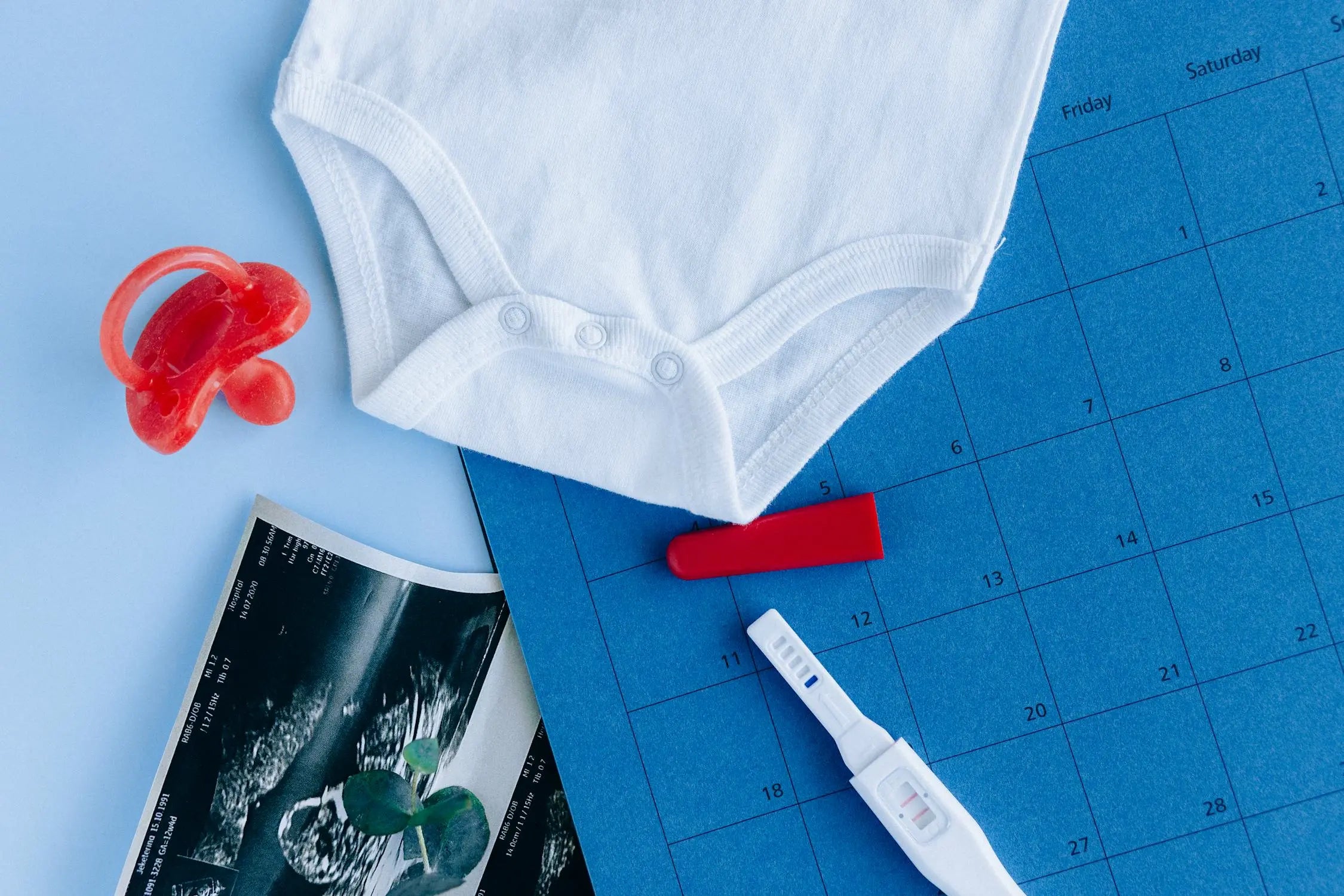Startseite
Pregnancy, Breastfeeding, and Pumping: The Ultimate Guide for Moms
When Pregnancy Test After Ovulation: Timing and Accuracy Explained

When Pregnancy Test After Ovulation: Timing and Accuracy Explained
Deciding when to take a pregnancy test after ovulation can feel like a delicate balancing act. Too early, and you risk a false negative; too late, and the anticipation might be unbearable. Understanding the science behind ovulation and the mechanics of pregnancy tests can help you time it just right. This article dives into the details, offering clarity and guidance for anyone navigating this important milestone.
Understanding Ovulation and Its Role in Conception
Ovulation is the process where a mature egg is released from the ovary, making it available for fertilization. This typically occurs around the midpoint of a woman's menstrual cycle, though the exact timing can vary. For those trying to conceive, tracking ovulation is essential, as it represents the most fertile window of the cycle.
Once ovulation occurs, the egg has a lifespan of about 12 to 24 hours. If sperm is present during this time, fertilization can occur. After fertilization, the fertilized egg begins its journey to the uterus, where it implants into the uterine lining. This process, known as implantation, usually happens 6 to 12 days after ovulation.
How Pregnancy Tests Work
Pregnancy tests detect the presence of human chorionic gonadotropin (hCG), a hormone produced by the placenta shortly after implantation. hCG levels rise rapidly in the early stages of pregnancy, doubling approximately every 48 hours. Most home pregnancy tests are designed to detect hCG in urine, while blood tests performed by healthcare providers can measure hCG levels more precisely.
The sensitivity of a pregnancy test determines how early it can detect hCG. Some tests can detect hCG levels as low as 10 mIU/mL, while others require higher concentrations. This sensitivity plays a significant role in determining when to take the test after ovulation.
When to Take a Pregnancy Test After Ovulation
The timing of a pregnancy test after ovulation depends on several factors, including the length of your menstrual cycle, the day of ovulation, and the sensitivity of the test. Here's a general guideline:
- 7 to 10 Days Post-Ovulation: Implantation typically occurs during this window. Testing this early may yield a false negative, as hCG levels might not yet be detectable.
- 12 to 14 Days Post-Ovulation: By this time, hCG levels are usually high enough for most home pregnancy tests to detect. This is often the recommended time frame for testing.
- After a Missed Period: If you've missed your period, it's a strong indicator to take a pregnancy test. At this point, hCG levels are typically high enough for accurate results.
Factors That Influence Test Accuracy
Several factors can affect the accuracy of a pregnancy test, including:
- Test Sensitivity: As mentioned earlier, tests with higher sensitivity can detect pregnancy earlier.
- Timing of Testing: Testing too early or too late can impact results. Morning urine often contains the highest concentration of hCG, making it the ideal time for testing.
- Medications and Medical Conditions: Certain medications and medical conditions can interfere with hCG levels, leading to inaccurate results.
- User Error: Incorrect usage of the test, such as not following instructions or misreading results, can also affect accuracy.
What to Do If You Get a Negative Result
A negative result can be disappointing, but it doesn't necessarily mean you're not pregnant. If you tested early, consider waiting a few days and testing again. hCG levels may not have been high enough to detect during the first test. If you continue to receive negative results but suspect you might be pregnant, consult a healthcare provider for further evaluation.
What to Do If You Get a Positive Result
A positive result is an exciting milestone, but it's important to confirm it with a healthcare provider. They can perform a blood test to measure hCG levels and provide guidance on next steps. Early prenatal care is crucial for a healthy pregnancy, so schedule an appointment as soon as possible.
Tips for Accurate Testing
To ensure the most accurate results, follow these tips:
- Read the instructions carefully before taking the test.
- Use your first-morning urine, as it contains the highest concentration of hCG.
- Avoid drinking excessive fluids before testing, as it can dilute hCG levels.
- Set a timer to ensure you read the results within the recommended time frame.
Emotional Considerations
The process of waiting and testing can be emotionally taxing. Whether you're hoping for a positive or negative result, it's important to take care of your mental health. Lean on supportive friends or family members, and consider joining a community of others who are going through similar experiences. Remember, it's okay to feel a mix of emotions during this time.
When to Seek Medical Advice
If you're experiencing unusual symptoms, such as severe pain or heavy bleeding, seek medical attention immediately. These could be signs of a medical condition unrelated to pregnancy or a complication that requires prompt care. Additionally, if you've been trying to conceive for several months without success, a healthcare provider can offer guidance and potential fertility evaluations.
Timing a pregnancy test after ovulation doesn't have to be a guessing game. With the right knowledge and preparation, you can approach this milestone with confidence. Whether you're eagerly awaiting a positive result or simply seeking clarity, understanding the process empowers you to make informed decisions. Take a deep breath, trust the process, and remember that every journey is unique.
Teilen
